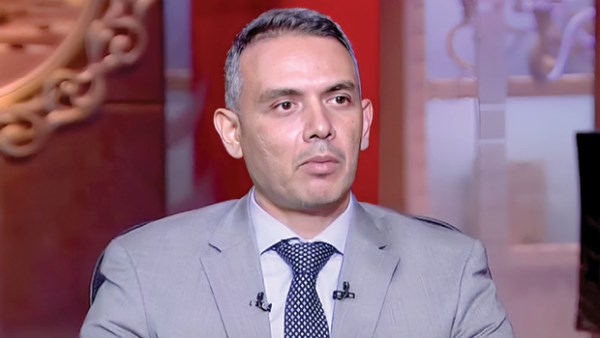
UK Heat Wave to ‘Make a Dent’ in Economy as It Hits Productivity

The UK’s unusually long heat wave is likely to melt Brits’ productivity as people struggle to focus and risk falling ill, according to an expert on the economics of climate change.
While high atmospheric pressure normally creates hot spells across Europe at this time of the year, climate change is making heat waves more intense, frequent and longer, according to Bob Ward, policy and communications director at the Grantham Research Institute on Climate Change and the Environment at the London School of Economics and Political Science.
It’s particularly worse in the UK, which “still thinks of itself as a cold country,” he said. Most British homes and smaller offices are ill-suited for hot weather because they’re designed to let a lot of sun come in and have poor natural ventilation.
“There’ll be a big dent in the economy as a result of this period,” Ward said, because people tend to be less productive in hot weather.
The increasing number of people working from home this summer may make things worse, as many workers do not have the luxury of an air-conditioned house. Ward himself said temperatures in his office exceeded 30 degrees centigrade this morning.
Even for those lucky enough to have air-conditioning systems in their homes, they will face sky-high electricity bills turning them on due to soaring energy prices. Air conditioning is “simply unaffordable” for people on low income, Ward said.
Hot spells normally harm people with underlying illnesses, particularly breathing problems. But the current weeks-long streak of warm days and nights -- which doesn’t allow body temperatures to cool off, is a threat to just about everyone.
Temperatures in the UK are forecast to exceed the daytime record of 38.4 degrees either Sunday or Monday. That’s after more than a week of thermometers hovering around 30 degrees in a country where such incidents used to last a couple of days, according to Ward.
The heat wave should end sometime next week, when thundery rains are due to take over, according to forecasts from the Met Office.
Before then, Ward said hundreds of people may die across the UK due to the hot temperatures, based on previous years’ experiences.
“If you’ve got an extreme weather event like this killing hundreds of people, the right way to describe it is a natural disaster,” he said. “Because it’s mostly people with underlying health illness, we tend to not recognize the severity of this event.”
“When you’re getting up in the high thirties and early forties, even healthy people are risk,” he added. “Images of people lying on the beach are completely misleading about the risk.”





-1120252475029447.jpg)















